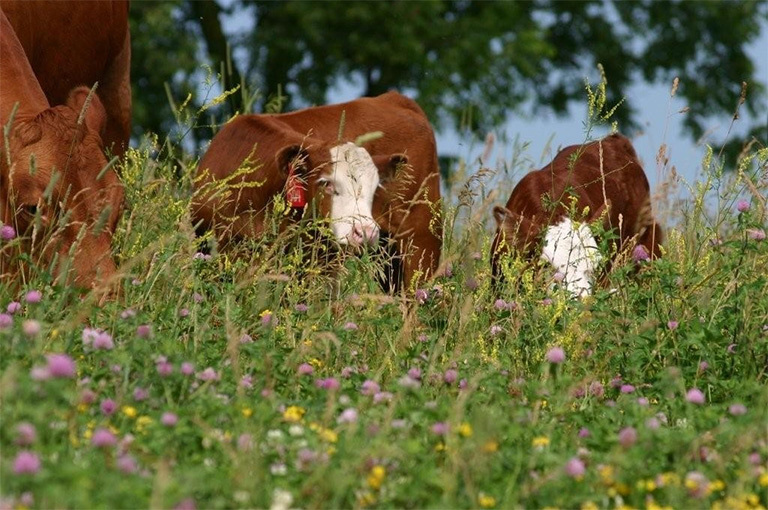
New research out today (12th March) undermines the agriculture industry’s argument that "sustainable" intensification is the best way to tackle the livestock sector’s impact on the climate crisis.
This intensification – which involves increasing the number of animals farmed and rearing them in smaller spaces – is far from sustainable. It causes more animal suffering and fails to address many of the environmental problems caused by intensive animal farming such as deforestation and wildlife loss.
The new Harvard University study, Options for a Paris-compliant Livestock Sector, surveyed over 200 of the world’s leading climate, food and agriculture scientists, including those who contribute to major international climate reports and advise governments. It showed that an overwhelming majority do not see intensification as a solution to tackling the climate crisis.
The results were clear:
- Almost 80% of these experts agree that reducing greenhouse gas emissions from the livestock sector in high-income countries should not be achieved at the cost of animal welfare.
- 90% believe reducing meat consumption is the most impactful action for lowering emissions from animal agriculture. They also see reducing animal numbers globally (87%) as critical.
- A staggering 92% agree that reducing emissions from the livestock sector is important to limiting temperatures to a maximum of 2 degrees Centigrade above pre-industrial levels.
Sarah Ison, our Head of Research, said: “For years, the agriculture industry has pushed "sustainable intensification" as a magic bullet to continuing high production volumes of meat and dairy while supposedly addressing climate concerns.
“However, the reality is that intensification is far from sustainable. It is a deliberate distraction and simply inadequate as it not only causes more animal cruelty, it fails to tackle so many problems that confining animals in small spaces creates. These include the increased risk of the emergence of viruses like influenza-A (swine and bird flu), its contribution to antibiotic resistance in people, as well as wildlife loss and deforestation, particularly for land used to produce animal feeds.”
We must end factory farming
Replacing cattle with chickens or fish, as some suggest, merely increases the total number of sentient beings suffering in intensive systems. The approach that not only helps tackle the climate crisis but also improves human, animal and planetary health, is phasing out factory farming and moving to regenerative, nature-positive farming alongside innovative alternatives to conventional animal products.
This would improve animal health, reduce the risk of diseases that harm both animals and people, help preserve antibiotics for human use, and substantially decrease biodiversity loss as well as end deforestation.
Sarah concluded: “Only a holistic and radical transformation, which includes ending factory farming, will be enough to tackle the climate issue and secure a healthy future for animals, people and our planet, before it’s too late.”
Sign our END.IT petition now.
